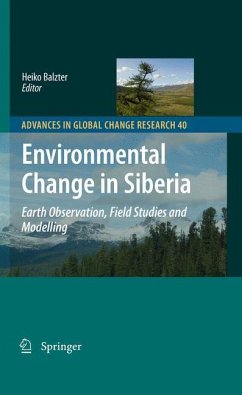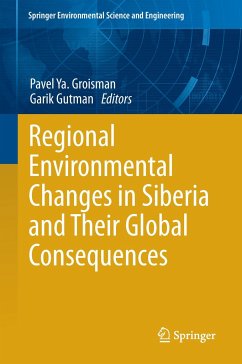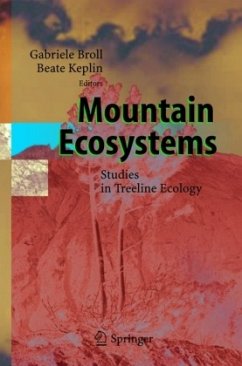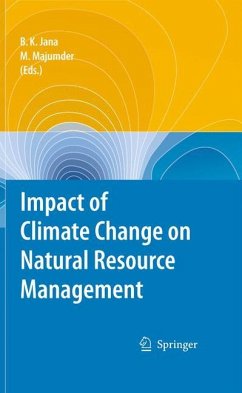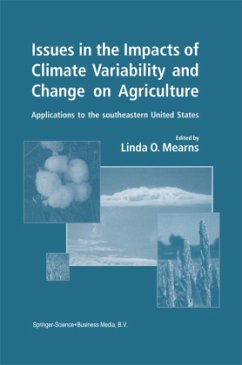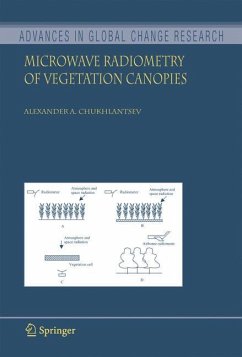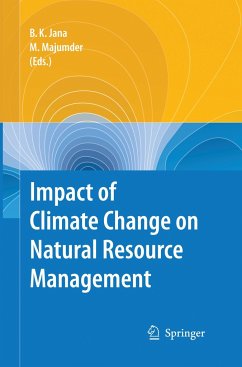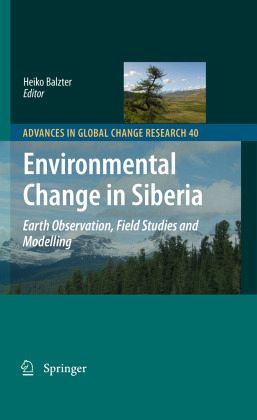
Environmental Change in Siberia
Earth Observation, Field Studies and Modelling
Herausgegeben: Balzter, Heiko

PAYBACK Punkte
76 °P sammeln!
The Siberian environment is a unique region of the world that is both very strongly affected by global climate change and at the same time particularly vulnerable to its consequences. The news about the melting of sea ice in the Arctic Ocean and the prospect of an ice-free shipping passage from Scandinavia to Alaska along the Russian north coast has sparked an international debate about natural resource exploitation, national boundaries and the impacts of the rapid changes on people, animals and plants. Over the last decades Siberia has also witnessed severe forest fires to an extent that is h...
The Siberian environment is a unique region of the world that is both very strongly affected by global climate change and at the same time particularly vulnerable to its consequences. The news about the melting of sea ice in the Arctic Ocean and the prospect of an ice-free shipping passage from Scandinavia to Alaska along the Russian north coast has sparked an international debate about natural resource exploitation, national boundaries and the impacts of the rapid changes on people, animals and plants. Over the last decades Siberia has also witnessed severe forest fires to an extent that is hard to imagine in other parts of the world where the po- lation density is higher, the fire-prone ecosystems cover much smaller areas and the systems of fire control are better resourced. The acceleration of the fire regime poses the question of the future of the boreal forest in the taiga region. Vegetation models have already predicted a shift of vegetation zones to the north under s- narios of global climate change. The implications of a large-scale expansion of the grassland steppe ecosystems in the south of Siberia and a retreat of the taiga forest into the tundra systems that expand towards the Arctic Ocean would be very signi- cant for the local population and the economy. I have studied Russian forests from remote sensing and modelling for about 11 years now and still find it a fascinating subject to investigate.





